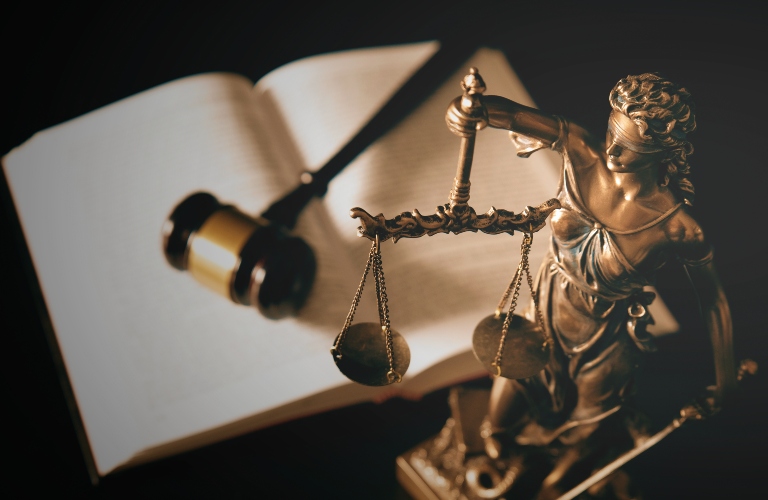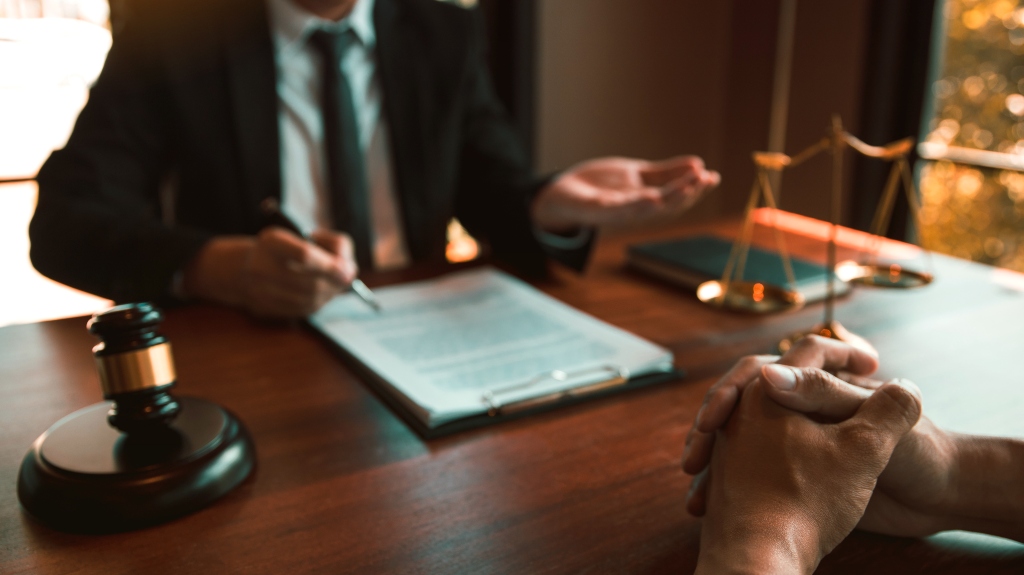What To Expect When Testifying Before a Federal Grand Jury in North Carolina
Receiving a subpoena to testify before a federal grand jury can be intimidating and stressful, and with good reason. The federal grand jury process is serious, and what you say under oath can have significant consequences. If you’ve been called to testify before a federal grand jury in North Carolina, it’s important to understand your rights, what to expect, and how to protect yourself.
What Is a Federal Grand Jury?
A federal grand jury is a group of citizens, usually 16 to 23 people, selected to review evidence presented by the U.S. Attorney’s Office and determine whether there is probable cause to charge someone with a federal crime. Grand juries meet in secret, and their proceedings are not open to the public.
Unlike a trial jury, which decides guilt or innocence, a grand jury determines whether formal charges (known as an indictment) should be brought.
Why Might You Be Called to Testify?
If you’ve received a subpoena, it could be for several reasons:
- You are a witness with information about the events under investigation.
- You are a subject, meaning your conduct is under investigation, but no decision has been made about charges.
- You are a target, meaning the government believes there is substantial evidence linking you to a crime.
You might not be aware of your precise status unless you speak with an attorney. This highlights the importance of seeking legal advice before you testify.
What Happens When You Testify?
When you appear before the grand jury, you’ll be placed under oath. An Assistant U.S. Attorney will ask you questions, and everything you say will be recorded by a court reporter. Grand jurors may also ask questions.
Key points to remember:
- Your attorney is not permitted in the grand jury room with you, but you may step outside to consult with them.
- You must answer questions truthfully. Lying under oath could lead to charges of perjury or making false statements (both federal crimes).
- You have the right to assert your Fifth Amendment privilege against self-incrimination, if appropriate. Your attorney can help you understand when this applies.
What Are the Risks of Testifying?
Even if you believe you have nothing to hide, testifying before a federal grand jury carries risks:
- You could unintentionally provide information that implicates you or others.
- Your testimony could be used to develop evidence against you or someone you care about.
- Misstatements, even honest mistakes, could raise questions about your credibility.
Additionally, because grand juries operate in secret, you will not know what evidence has already been presented or what other witnesses have said. This can make answering questions more complicated.
How Can Legal Counsel Help?
If you’ve been called to testify, you should speak with an experienced federal defense attorney as soon as possible. A lawyer can:

- Review your subpoena and explain your status (witness, subject, or target).
- Help you prepare for testimony so you understand the process and potential pitfalls.
- Advise you about your rights, including when to assert the Fifth Amendment.
- Accompany you to the courthouse and be available to consult during questioning.
Having skilled legal counsel can also ensure that you don’t walk into the grand jury room unprepared.
Protect Yourself, Contact Ryan Willis Law Today
At Ryan Willis Law, we have extensive experience representing individuals called to testify before federal grand juries in North Carolina. We understand the high stakes involved and work hard to protect your rights, your reputation, and your future.
If you’ve received a federal grand jury subpoena, don’t face this process alone. Contact us today for a confidential consultation. The right guidance can make all the difference.


